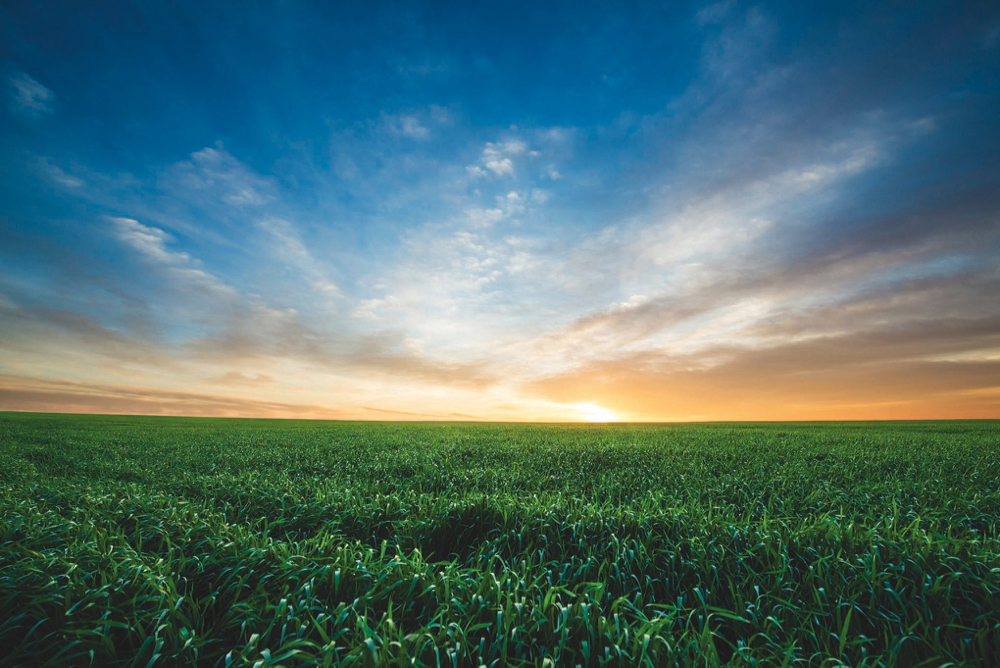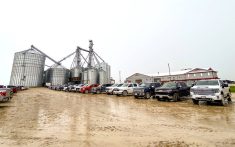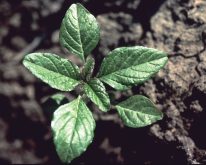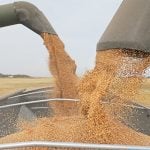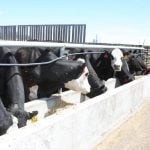International computer systems company IBM is moving further into the agriculture industry.
It recently announced the global expansion of Watson Decision Platform for Agriculture in May in an effort to make weather a more predictable business consideration.
IBM is combining predictive technology from The Weather Company, which it acquired in 2016 and Internet of Things (IoT) data to help give farmers greater insights on planting, plowing, spraying and harvesting.
Why it matters: As more sensors and data collection are used on farms, the world’s largest information technology companies are looking for a piece of the business. That will bring even more powerful technology to farming.
Read Also
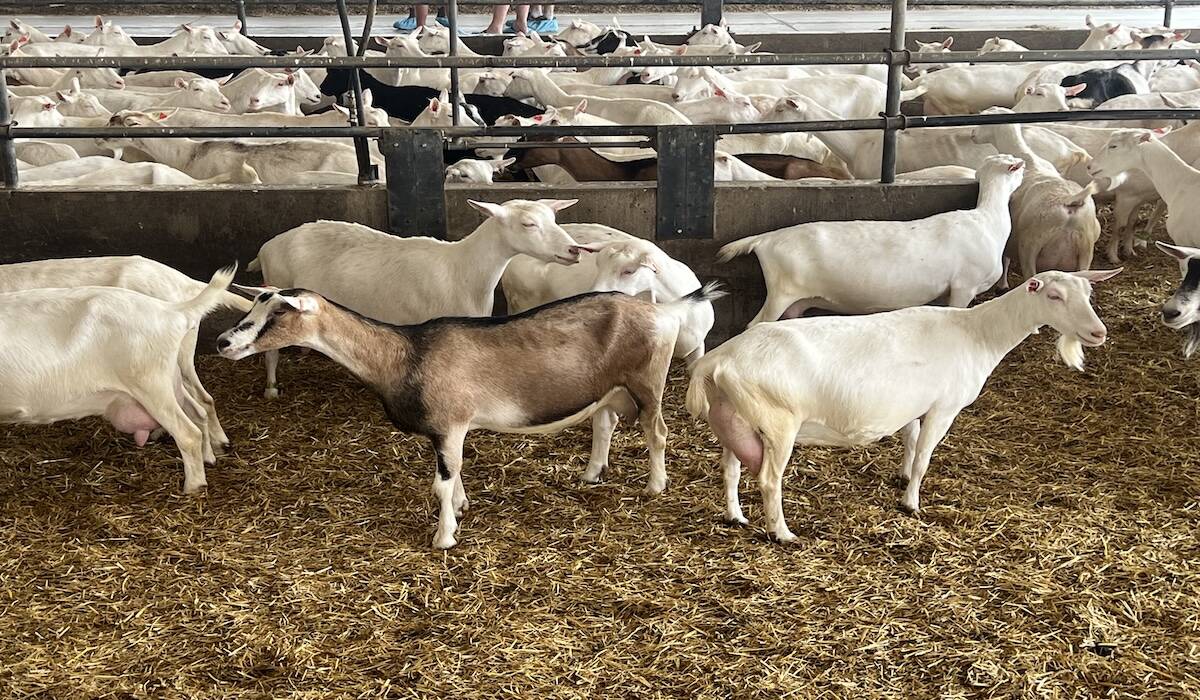
Ontario dairy goat producers move toward forming provincial board
Creation of a Dairy Goat Board under the Ontario Farm Products Marketing Commission may be voted on by early 2026.
IBM’s current involvement with agriculture is mostly around the IBM FoodTrust, a blockchain food system that records transactions between two parties efficiently and in a permanent way. It provides accountability in the food supply and is the only network of its kind connecting growers, processors, distributors, and retailers through a permissioned, permanent and shared record of food system data.
IBM’s further involvement with agriculture through The Watson Decision Platform for Agriculture is aimed at connecting all devices and data and making it available to growers.
“As a farmer, the wild card is always weather. IBM overlays weather details with my own data and historical information to help me apply, verify, and make decisions,” said Roric Paulman, owner-operator of Paulman Farms in southwest Nebraska. “For example, our farm is in a highly restricted water basin, so the ability to better anticipate rain not only saves me money but also helps me save precious natural resources.”
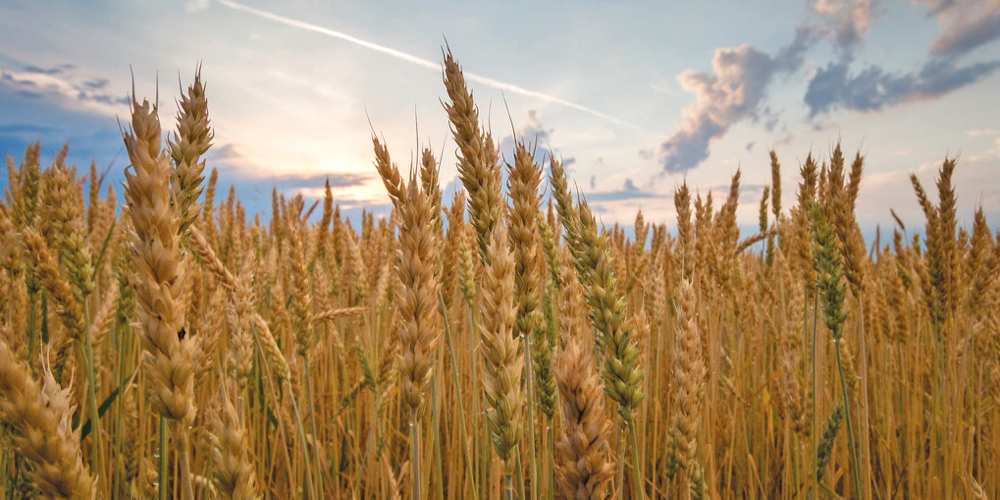
The average farmer generates 500,000 data points per day — this is estimated to grow to four million data points by 2036. This platform will assess the data to identify and communicate crop management patterns and insights. Food companies, grain processors or produce distributors can then work with farmers to leverage these insights.
“These days, farmers don’t just farm food, they also cultivate data, from drones, smart irrigation systems, and IoT sensors affixed to combines, seeders, sprayers and other equipment,” says Kristen Lauria, general manager of Watson and Weather Solutions, IBM.
“Most of the time, this data is left on the vine — never analyzed or used to derive insights,” she says.
The platform helps to track crop yield and the environmental, weather and plant biologic conditions that go into a high or low yield, such as irrigation management, pest and disease risk analysis and cohort analysis for comparing similar subsets of fields.
The platform will not only improve yield but also product quality. It has the capability to help eliminate mould or fungus from crops sold as feed or help to improve the quality of barley to meet the standard for malting barley in beer.
New crop models include corn, wheat, soybean, cotton, sorghum, barley, sugar cane and potato, with more expected to be added soon.
These models will be available in United States, Canada, Mexico and Brazil, and new markets across Europe, Africa and Australia.




